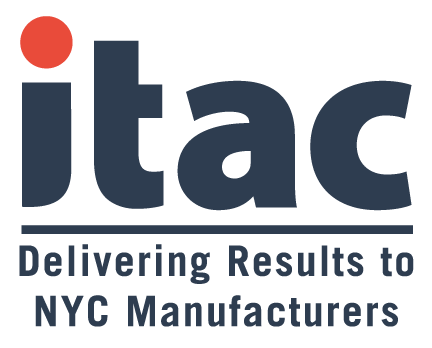Delicias Andinas arepas are made in the same traditional style their grandparents, baked and packaged fresh every day.
”Lean opened our minds to a different way of thinking. It can be counterintuitive but it is an investment that has paid off. We are faster, more nimble, and have saved millions.
Manuel MirandaFounder
Situation
Delicias Andinas was one of the first arepa factories in the U.S., and its recipes have never changed ever since the business was founded back in 1990. The company follows traditional cooking methods, which are time-consuming and specific. Its arepas are made with specially selected corn grits, which are slow cooked, then shaped and formed with a unique grinding process before being baked.
The company and demand quickly grew, and so did the need for consistent production with little downtime. As a result, the team purchased backup machinery and stockpiled inventory. Space quickly became very limited and the Founder and CEO, Manuel Miranda, began preparing for the difficult and expensive process of relocating to a larger facility. Before committing to a move, he requested a Lean Manufacturing assessment from ITAC.
Solution
ITAC’s Lean expert identified several opportunities for Delicias Andinas to reduce its need for extra space while simultaneously improving cash flow. The report focused on two key areas of the business: inventory and machinery.
Corn is the main ingredient in arepas, making it essential to the company’s success. This necessity drove Delicias Andinas to keep an extremely heavy backup supply in preparation for potential disasters or cost fluctuations. In the Lean analysis, it was calculated that the corn industry faces some type of emergency every three years. The cost of preparing for this uncommon disaster, storing excess inventory, and risking spoilage far outweighed any costs of dealing with the disaster as it happened – including purchasing ingredients at premium prices.
This shift in thinking also changed production methods. Delicias Andinas always kept backup parts for key equipment. The company traditionally used the existing machine parts until they broke down, then used the new replacements. Their Lean expert encouraged them to try the opposite – use the newest parts now, and store the older equipment as backup. This increased efficiency, as new equipment is typically enhanced, but it also helped reduce downtime when equipment broke down. Rather than trying to learn how new machinery works when equipment is down, the production team used the old parts, which they already had experience with. An analysis of the company’s equipment also allowed to determine exactly which parts were sensitive or most likely to fail. Delicias Andinas then purchased backups for only those, thereby saving money and storage real estate.
Finally, the team reduced its production sizes. “I always believed bigger was better in production”, says Manuel. Generating a large batch meant fewer production runs but if machinery was down or if anything went wrong, that big batch became a huge expense. Frequent production of smaller batches reduces this risk and the need for excess inventory. When inventory gets to a set limit, Manuel reorders. “I lost the small savings of bulk ordering, but money is no longer tied up in inventory. And defective products or ordering mistakes hurt much less when you order one thousand and not one million.”
Results
By adopting a Lean philosophy, Manuel eliminated his need for increased space – immediately saving on moving costs and new real estate. Less capital is locked up in inventory and equipment, increasing cash flow for new opportunities and value-added activities. With more cash and flexibility, Delicias Andinas has been able to expand its product line to address client needs and changing tastes. “The world changes so fast. If you buy in bulk, you’re stuck with it. If you’re lean, you figure it out in real time. It’s much better for business.”
Manuel also shares a Lean analogy that he’s actually implemented in his business. “If a machine is set permanently, change is incredibly difficult. Instead, if you realize that it might not sit there forever, you add wheels. You always want options and choices for the future.” Lean makes you think differently. For Delicias Andinas, the initial assessment grew into a detailed execution plan, which has impacted every business decision Manuel has since made.


